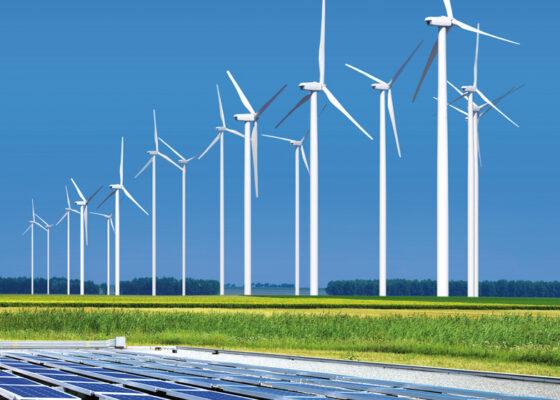The Netherlands is on the brink of an unprecedented transition. In response to the Kamerbrief of Minister Jetten for Climate and Energy, parties at the Climate Table on Agriculture and Land Use are calling for their unique solutions for the climate transition to be cashed in. Realizing the transition requires not only appropriate tools, but also fair recognition of CO2 gains and a realistic timeframe.
The sector is being hit hard by climate change. That is why the agro sector has shown additional ambition in the Climate Agreement. Provided that appropriate regulation, sufficient budget and accelerated procedures are provided. To date, however, concrete instruments to stimulate this are lacking.
A sector with ambition, but without tools
The Transition and Climate Funds offer unique opportunities to invest in sustainability. At present, the focus of these funds is primarily on buyouts and decontamination. In the long term, however, innovation will yield far more CO2 emission reductions. Greening also requires a review of stagnant subsidies such as SDE++. If the link with the price of gas is maintained, sustainable projects will cease to exist and companies will return to using gas. Accelerated access to funds or other financial resources can counteract this and accelerate the transition. Especially now because there are already large sustainability projects on the shelf.
In order to accelerate the disconnection of the sector from gas, the infrastructure expansion of heat, hydrogen and electricity is a priority. Especially around agricultural and horticultural businesses. On the one hand, significant solar and wind energy, geothermal heat or hydrogen can be generated on farms. On the other hand, our farms have the capacity to serve as a hydrogen, heat and electricity buffer. In this way we relieve the grid and make optimal use of available sustainable energy in the Netherlands.
Fair recognition of CO2 gains
Agro sectors contribute to emission reductions in several ways, but these are not always attributed to the sector. For example, fields can produce raw materials for biobased building materials. With large-scale application of these materials, several megatons of CO2 can be sequestered. The value of biobased raw materials lies not only in the creation of high-quality (wood) products, but also the resulting waste as a green transition fuel. Production of bio-based raw materials by the agro sector therefore provides a substantial climate gain.
On to a realistic timetable
.The agriculture and horticulture sector wants to and can give the national energy transition a boost. The ambitions in terms of climate have been adjusted upwards by the cabinet. A greenhouse or shed will soon last decades and with the small margins, the sector has long payback periods. Changes of course at an agricultural company therefore take a lot of time. Farmers and market gardeners have solutions. The sector is ready, but it needs the national government to accelerate the formulation of workable and promising climate policy.
Read here the response from LTO Nederland, Glastuinbouw Nederland, Producentenorganisatie Varkenshouderij (POV), the Nederlands Agrarisch Jongeren Kontakt (NAJK), BO Akkerbouw, Nevedi and the Centrale Organisatie voor de Vleesvee (COV).
Source: LTO
